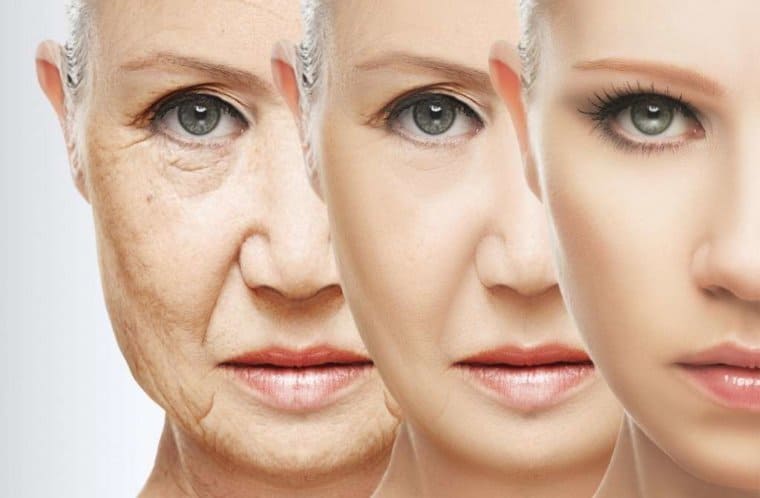Aging skin has many potential treatments. There are senolytic compounds that reduce senescent cells and free radical scavengers that eliminate free radicals. Eleanor Sheekey, a Ph.D. student in biochemistry, describes the causes and mechanisms of skin aging and the therapeutic opportunities for treating it.
Chapter Overview
Human growth hormone
A study done in 1993 by Kevin Yarasheski found that human growth hormones can actually reverse the signs of aging skin. The trial involved 12 volunteers, aged 63 to 76. The study found that half of the subjects developed symptoms of arthritis, carpal tunnel compression, and fluid retention, but those symptoms disappeared after the subjects stopped taking the hormone.
Retinoic acid
Retinoic acid is a potent antioxidant that helps reverse the signs of aging skin. Universal C Skin Refiner is also very beneficial for removing the signs of aging. It stimulates cell turnover and increases the production of collagen and hyaluronic acid. It also reduces inflammation. Collagen is essential for healthy, youthful skin. As we age, we produce less collagen and more fat, which can lead to thin, sallow skin. But retinoid treatments can promote new collagen production.
There are several studies that show that retinol, a form of vitamin A, reverses the signs of aging skin. However, there are fewer studies comparing the two. Although both compounds have anti-aging properties, retinol is considered less potent than retinoic acid. Using retinoic acid topically is considered more effective for treating wrinkles.
Avoiding sun exposure
Avoiding sun exposure is an essential part of skincare and can help you slow the aging process. Using sunscreen and applying a protective layer of clothing will help prevent premature wrinkles and age spots. You should also wear sunglasses and wide-brimmed hats.
It is important to remember that the sun damages the skin cells and accelerates skin aging. The skin will begin to exhibit a range of aging signs, including wrinkles and fine lines around the eyes. It will also produce age spots. These spots are caused by sun exposure and may appear on any part of the body. These skin changes are largely cosmetic, but overexposure to the sun can also cause skin cancer. If you’re concerned about your skin’s health, you can seek a dermatologist for a thorough examination.
Firming creams
Firming creams and Universal C Skin Refiner can be effective for reversing the signs of aging skin. They contain compounds that communicate with the skin cells and increase collagen and elastin production. They can also contain antioxidants, which neutralize free radicals. Although firming creams may not provide the same results as medical procedures, they can help reverse skin aging.
Clinical tests have found that 28 percent of people experienced a lifting effect after two months, and 40 percent of those tested saw a reduction in the area affected by deep wrinkles.
Laser treatments
If you’d like to reverse the effects of aging skin, laser treatments might be right for you. These treatments use lasers to build collagen and remove dead skin cells. They can be intense or mild, and the process is typically painless. However, you should expect some swelling, redness, and scabs after the procedure. These side effects are temporary and can be easily treated with ice packs or anti-inflammatory medications.
While laser treatments to reverse aging skin are effective, they are not without risks. For example, you should not go under the knife if you have dry skin. Additionally, you must avoid prolonged exposure to the sun before laser skin resurfacing. This is because the sun is one of the biggest contributors to aging skin.

